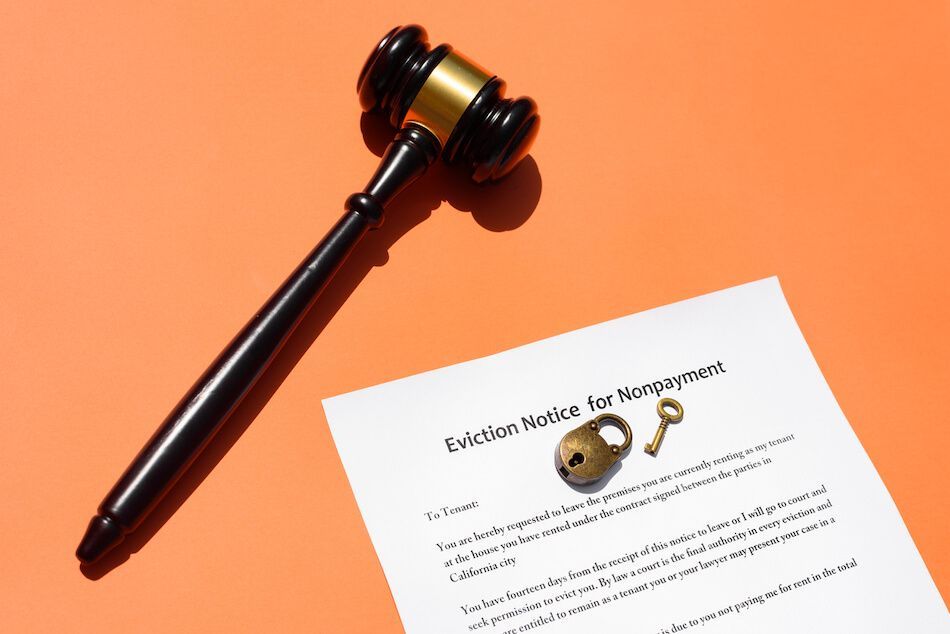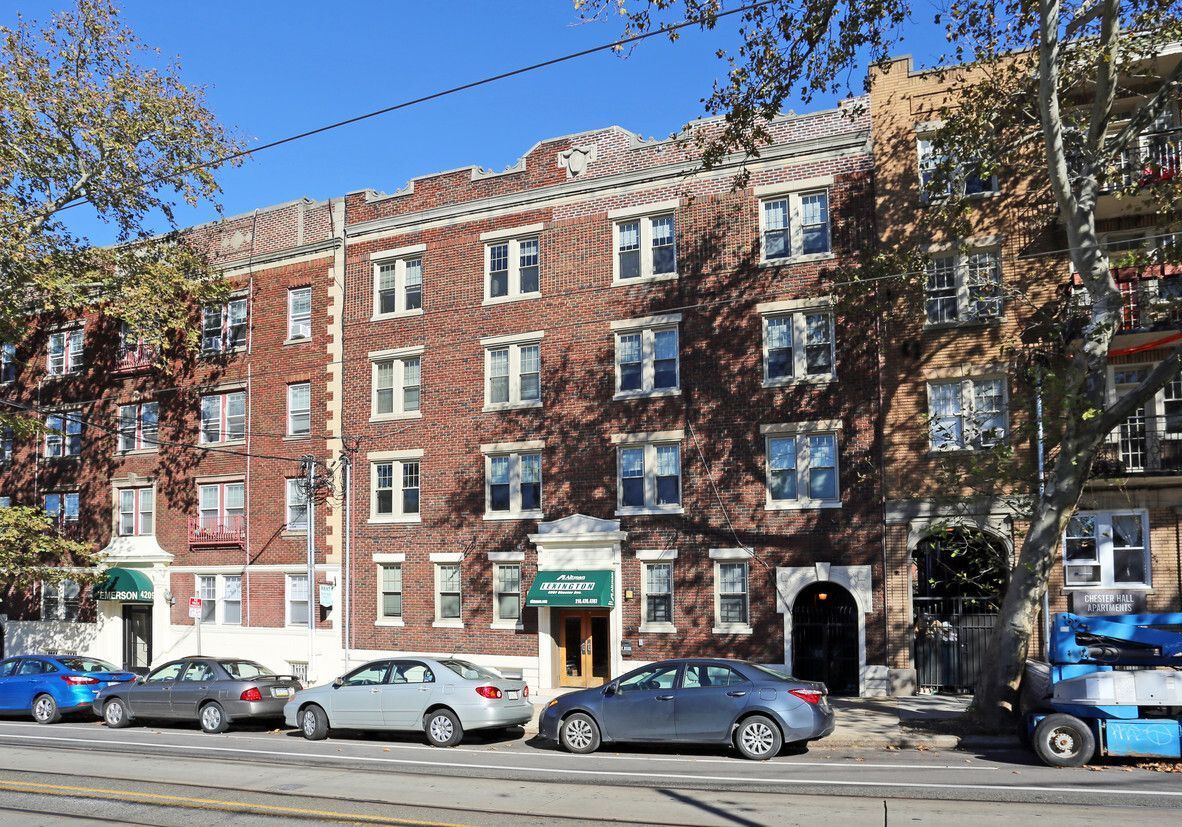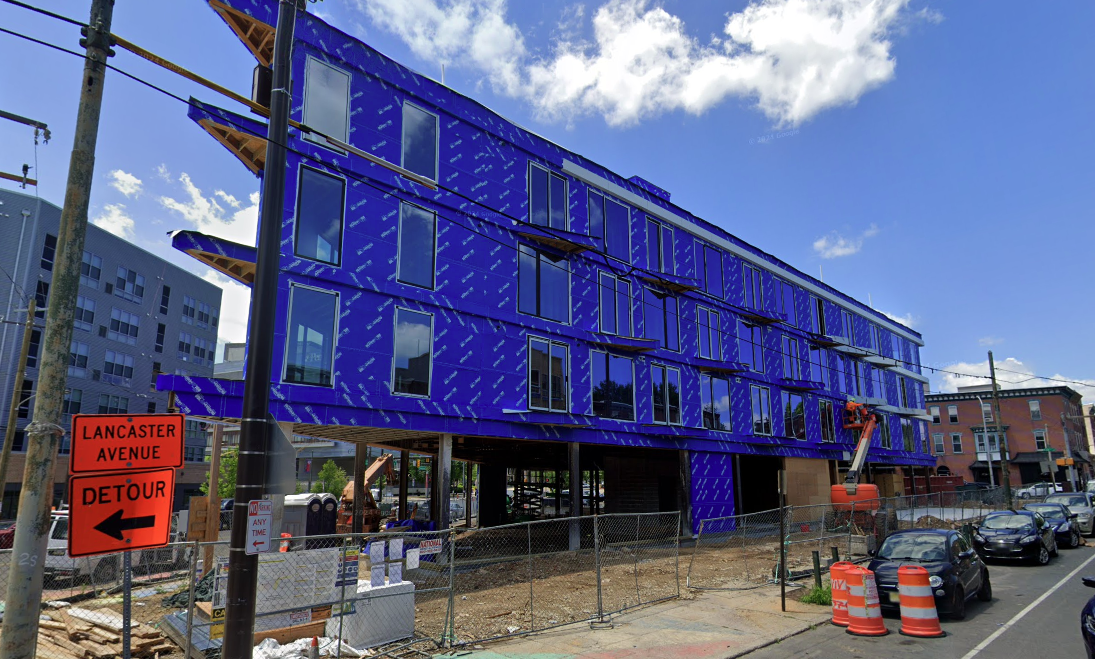Your tenant stopped paying rent. Now what? Thankfully, this scenario doesn’t happen very often, but when it does, New Age Realty Group takes this situation seriously, as it can be a long and drawn out process. There are huge benefits to starting the eviction process right away. When you hire New Age to manage your property, rest assured that our team not only takes preemptive measures to prevent non-payment, but will work hard to get your property vacant and re-rented to limit missed income.
1. Sending a late letter
Our first step to correct the behavior of non-payment of rent is to send a letter to the tenant saying that their rent is due, and they must pay it immediately. This letter is sent out after the 5th day of the month.
2. Sending a 30-day legal letter
The second step is to have our attorney send a letter saying a formal complaint has been filed and that the tenant is encouraged to come up with a payback (diversion) agreement or else the complaint will proceed in Landlord/Tenant Court.
3. Diversion Agreement
The diversion agreement is the result of laws created during the pandemic. Tenants now have a legal right to set up a payment plan as a first step to resolve the issue. The diversion agreement usually consists of a requirement to pay full rent no later than the 5th of the month with an additional payment made by the 20th of the month that goes towards the balance owed. The tenant is given 45 days from initial contact to settle on a diversion agreement.
4. Court
If the tenant fails to agree on a diversion program, they will be given a court date. This will also be the case when a tenant fails to uphold their end of the diversion agreement. Court is a second chance for another diversion agreement to be made with the help of the court. If the court agreement is broken, the attorney will file for a breach of agreement and will pursue a lockout. Another court date will be set where we ask for a judgement for possession of property and financial damages for lost rent. There will also be the option for the landlord to pursue possession of property WITHOUT going through diversion agreement arbitration, though this path usually involves getting a judgement for possession only.
5. Writ and Alias Writ
The Writ of Possession, a court order that grants the right of possession in any tangible or real property to a party that is not currently in possession of it, can be filed 10 days after the judgement. The Alias Writ of Possession can be filed 11 days after the Writ of Possession.
6. Lockout
The lockout is scheduled between 4-8 weeks after the Alias Writ has been filed.
7. Grace Period
The tenant will have 10 days to notify the landlord of a day/time they will be back to remove their personal property. The tenant must remove the property within 30 days of notifying landlord. For example, the former tenant can let the landlord know on the 10th day after lockout that they will be back 30 days from now to remove their items. Baritz Law Associates LLC recommends the landlord wait 40 days from the lockout to have all personal property removed just to be safe.
This entire process takes 4-6 months from start to finish on average. This could be delayed over the holidays where you can expect the courts to close from December 15 through January 15. New Age has started to negotiate with tenants in order to get possession faster so we can turn the unit over and get it back on the market.
















